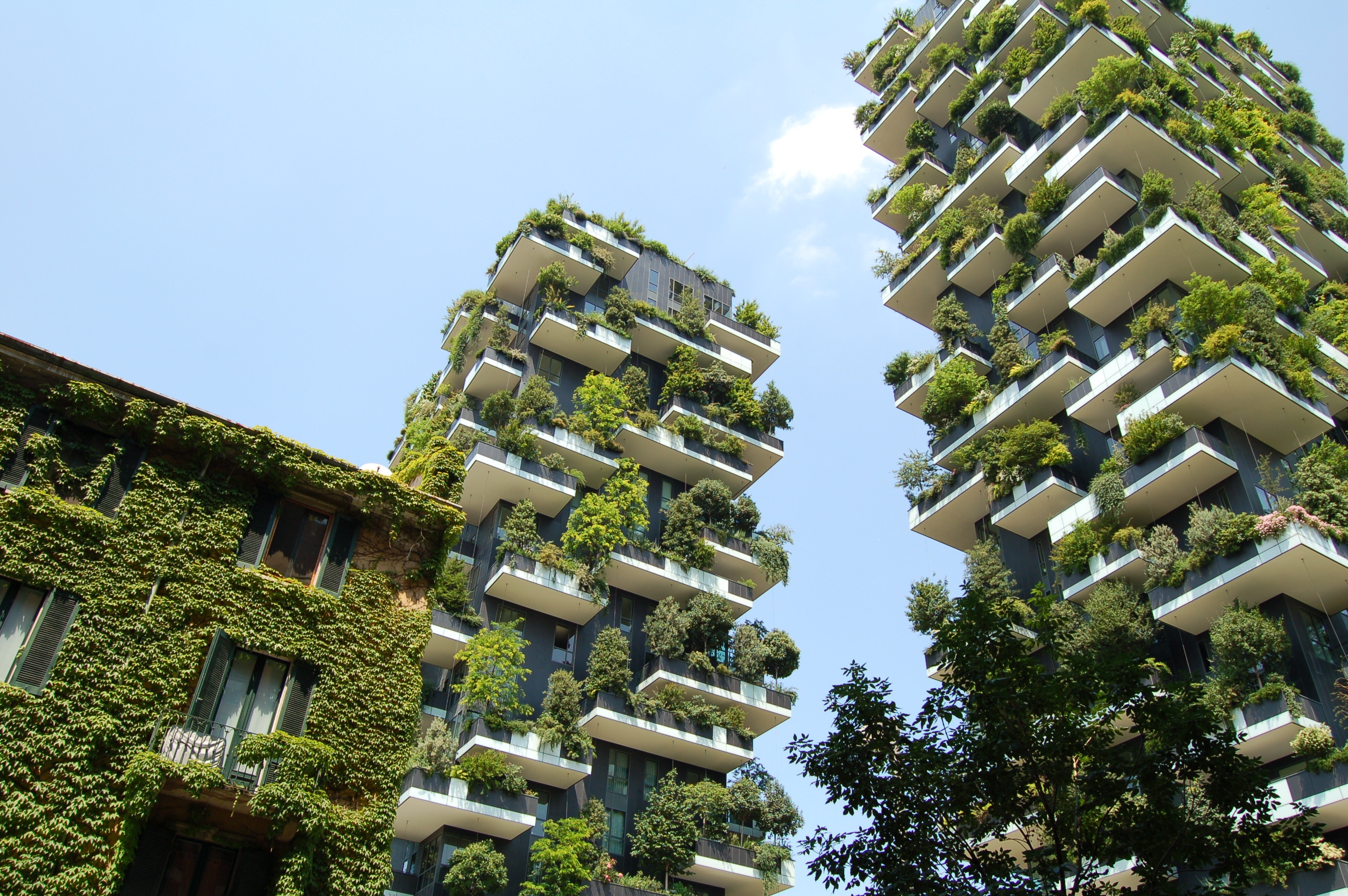The prominent role of the built environment in the fight against climate change is now unquestionable, given the industry's large contribution to greenhouse gas emissions and energy consumption worldwide.
Undoubtedly, however, there is also the institutional pressure to direct buildings towards so-called net-zero emissions, a pressure that in the EU is often accompanied by the guidance and funding of European institutions.
At the beginning of the event, Mr. Efthymios Bakogiannis, Secretary General of Spatial Planning and Urban Environment of RIS, laid the foundations of the discussion, referring to the fact that the European Union has promoted a series of directives, which change the data regarding studies construction, renovation and demolition of buildings, bringing about significant improvements in the environmental and economic impact of the built environment.
By 2030, more than 35m could be renovated. buildings in the EU region, creating up to 160,000 new jobs in the construction sector, while only with the thermal insulation of older European buildings, a reduction of carbon emissions by 42% can be achieved.
According to ELSTAT data, regarding the building stock in Greece in 2011 consisted of 5 million buildings, with the vast majority of them concerning housing (more than 4 million, constituting 83.68% of the population and 72% of the area), as well as hotels, schools, commercial real estate, health facilities and other buildings. As Mr. Bakoyannis pointed out, a significant percentage of them were built before the 1980s, which marked the beginning of thermal insulation, being a capable material for renovation and energy upgrades.
On this basis, RIS offers the owners programs such as "Saving" and the upcoming "Maintain", "Renovate" and "Live at home", as well as a number of legislative initiatives, including the creation of a Register of Certified Private Auditors for energy savings.
In addition, the forthcoming announcement of the Sustainable Building Alliance, a "passport for ecological renovation of houses" starting in 2022, is an initiative for certified buildings and will provide incentives for ecological renovation interventions of the building stock, with the aim of creating buildings with a minimum imprint on the environment and the achievement of climate neutrality of the urban environment.
During the discussion, Mr. George Kormas, Senior General Manager of the Real Estate Group of Piraeus Bank and CEO of Piraeus Real Estate, referred to the next day of real estate, which requires, in addition to the classic goal of increasing economic value of a company, the combination of actions and goals to achieve sustainable development. At the same time, he stressed the emergence and value of the social pillar of development, an element that is often overlooked.
The importance of the banking sector, as owner, user and financier of real estate, was pointed out by Ms. Elli Kakoulou, General Manager of Real Estate of the National Bank, typically saying that banks are the largest users of buildings, with NBG alone occupying 490,000 sqm in 450 buildings. At the same time, he reminded with examples that, in addition to the institutional obligation to reduce greenhouse gases, the energy upgrade practices of the building stock have a not insignificant, positive economic impact.















